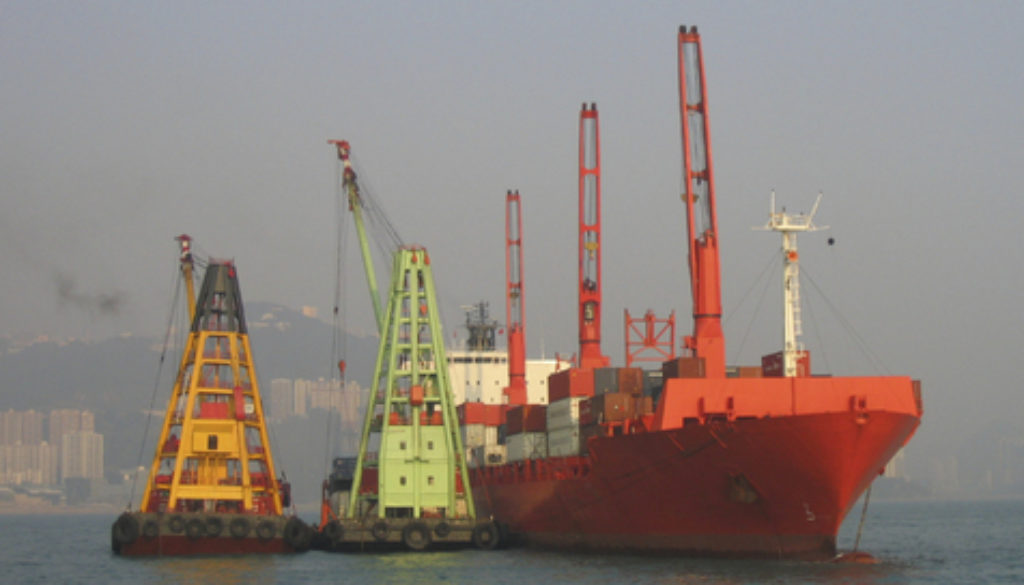How Trade Could Lead to A Big Fracking Mess
By Park MacDougald, Responsible Trade Program, Sierra Club
Across the country, towns and communities are organizing against the destructive practice of fracking, and passing scores of bans and moratoriums against the practice. Unfortunately, wherever local communities have been able to pass these measures, the oil and gas industry has been ready to meet them with legal challenges. Some of these challenges have been successful – such as in Fort Collins, Colorado, where a voter-approved fracking moratorium was overturned by a judge in August 2014 – but others have failed. Prior to the passage of the state’s ban on fracking, for example, a New York judge ruled that towns could use zoning laws to prohibit oil and gas extraction, and in 2013 the Pennsylvania Supreme Court struck down a state law preventing municipalities from enacting their own fracking bans.
These pro- vs. anti-fracking legal disputes can take on a David-and-Goliath feel. For example, the oil and gas industry spent more than $500,000 on advertising and brochures to fight the fracking ban in the town of Longmont, Colorado – more than 10 times what activists originally spent to enact it. But the New York and Pennsylvania rulings show that communities still have a fighting chance in U.S. courts. However, provisions within two massive international trade deals currently under negotiation could shift these fights away from the U.S. legal system and into a private court system exclusively available to multinational corporations, further stacking the deck against local communities.
The trade deals are the Trans-Pacific Partnership (TPP) and the Transatlantic Trade and Investment Partnership (TTIP), negotiated, respectively, with partners in the Pacific Rim and the European Union. While the U.S. administration is moving ahead full steam with the pacts, prominent lawmakers such as Senators Elizabeth Warren and Bernie Sanders, and Representative Rosa DeLauro have publically expressed their opposition to various provisions in the deals, and for good reason.
The deals are huge and would affect every aspect of our lives, from the quality of the food we eat to the air we breathe and the water we drink (which you can read about here and here). Potentially most threatening to the movement to stop fracking, however, is a set of rules called investor-state dispute settlement, or ISDS.
ISDS grants foreign corporations the right to sue governments in private trade courts, in retaliation for policies that threaten a company’s profits. Over the last few decades both the number of trade and investments agreements including ISDS and the number of cases brought has exploded, making ISDS a way for deep-pocketed multinationals to fight environmental, health, and safety regulations.
Consider the case of Lone Pine Resources v. Canada. In 2011, the province of Quebec issued a moratorium on fracking under the St. Lawrence River, pending the result of a study of fracking’s health and environmental effects. The province was almost immediately hit with a $250 million lawsuit by Lone Pine Resources, Inc., a U.S.-based oil and gas firm, under NAFTA investment provisions similar to those proposed for TPP. Lone Pine’s suit argued that the government’s action constituted an “arbitrary, capricious, and illegal revocation of the enterprise’s valuable right to mine for oil and gas under the St. Lawrence River.” The suit is still being litigated, but it’s obvious that these suits can have a chilling effect on safeguards.
After the tobacco company Philip Morris sued Australia in an investor-state case for introducing plain-packaging laws for cigarettes, for example, New Zealand’s Ministry of Health announced that it would delay implementation of a similar law until a verdict was reached in the Australian case. Presumably, a large reward in favor of the tobacco giant would make the safeguard less attractive, even when the government knows it would save lives. A list of some of the more egregious ISDS cases can be found here.
As the cases above show, corporations have been using ISDS to challenge regulations that threaten their profits, even when the health and safety of communities are at stake. U.S. corporations are already using whatever legal tools are available to prevent communities from passing protections from fracking – ISDS provisions in the TPP and possibly in TTIP would just add another tool to the corporate toolbox.

